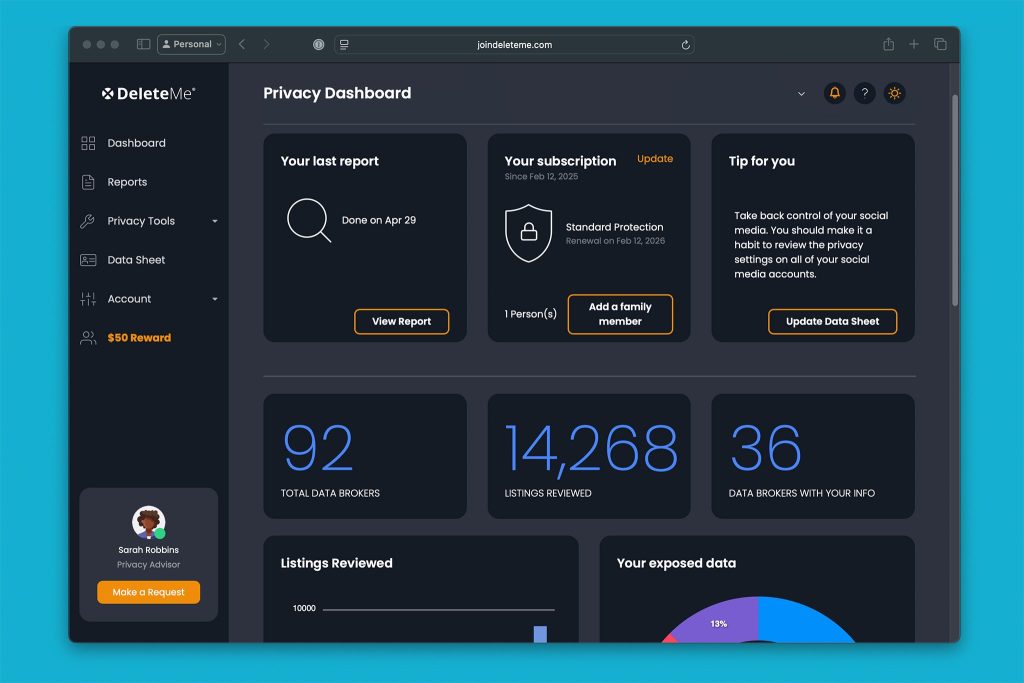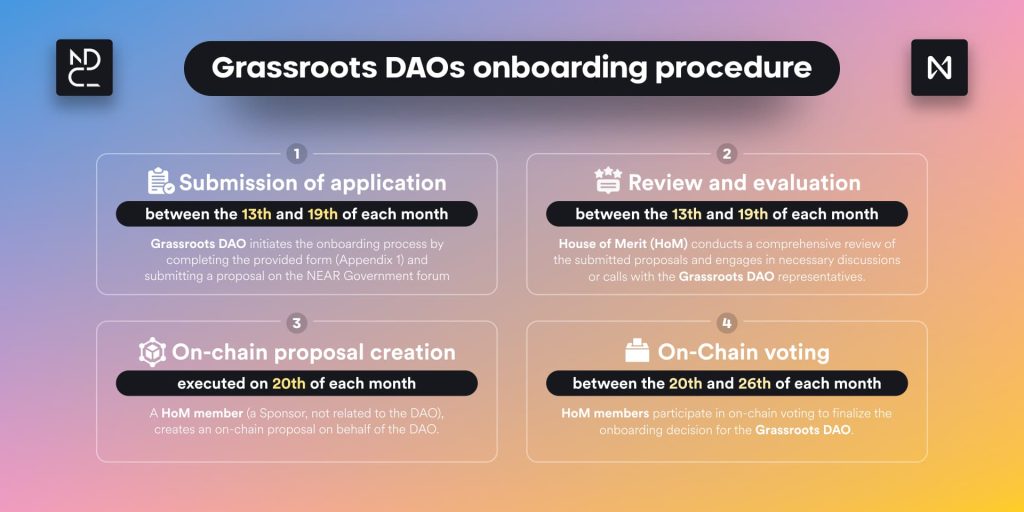Spreading awareness about your IT services or products is an excellent way to expand your audience and potential customer pipeline, but generating web-qualified leads with limited funds can be challenging.
Marketers need to think big and use data analysis to optimize their processes and content creation, necessitating marketing jobs that require both creativity and analytical skill sets.
Marketing Manager
Marketing managers oversee all aspects of their department. Their primary responsibility lies with developing and implementing marketing strategies that align with company goals, while simultaneously working closely with sales and financial departments on campaigns as well as conducting research to identify new leads and potential growth opportunities.
They possess knowledge in all areas of digital marketing, such as search engine optimisation (SEO) and pay-per-click advertising (PPC). Furthermore, they know how to read and interpret analytical data and have experience launching successful campaigns.
Marketing managers require excellent leadership, problem-solving and communication skills. They should also be capable of creating an online portfolio to showcase their work and knowledge of current marketing trends. A marketing manager also needs to be capable of planning and executing campaigns on time and on budget while tracking performance metrics and providing reports back to management.
Marketing Analyst
Marketing analysts provide analysis and insight into the results of campaigns, while working closely with designers to help improve those which don’t perform as anticipated. Possessing strong interpersonal and analytical thinking abilities are integral parts of this role.
First steps toward becoming a marketing analyst include earning a bachelor’s degree in either marketing, business management or IT; some advanced research positions require master’s degrees as well.
As part of your job in data analytics, you will use various data analysis tools to assess and report on company performance. These may include Excel, SQL and R software programs as well as Python or Java programming languages. Besides interpreting and visualizing information for reporting purposes, you will also need to learn different attribution models before selecting one to implement and creating real-time dashboards and reports for marketing team.
Marketing Operations Manager
Make sure that all marketing team members have access to the technology tools necessary for them to complete their duties, including connecting communication platforms to marketing automation tools and designing document management systems that streamline asset production and review processes. A marketing operations manager should also be on the lookout for emerging tech that could make processes more efficient.
Enhance team productivity by setting clear goals and timelines. If your content marketers are spending too much time on tasks with low output, your marketing ops specialist could use software to automate it for them.
Strategize and execute a marketing strategy that supports business objectives across channels such as content, email, social, search and paid. Work closely with internal and external teams to execute successful marketing campaigns on target; monitor campaign performance to measure measurable return on investment (ROI) and customer acquisition; set up attribution models to measure effectiveness of campaigns; provide regular insights to senior leadership about marketing team performance.
Marketing Operations Analyst
Marketing operations analysts are responsible for overseeing their company’s marketing processes and systems. In addition, they ensure the marketing team has all of the tools needed to succeed, such as analyzing data, creating reports and communicating with other departments.
They may also be responsible for creating and implementing new marketing strategies, keeping up-to-date with technology trends in order to remain ahead of industry developments – this is particularly important when using marketing automation software.
Typically, companies prefer candidates with at least a bachelor’s degree in a relevant field to be hired as managers; some prefer candidates with an MBA instead. Additional qualifications required of managers include excellent analytical and problem-solving abilities as well as strong written and oral communication. Furthermore, candidates should feel at home working with large amounts of data while conducting complex analysis; furthermore they must work well within fast-paced environments; prioritize tasks efficiently while overseeing multiple projects simultaneously.




